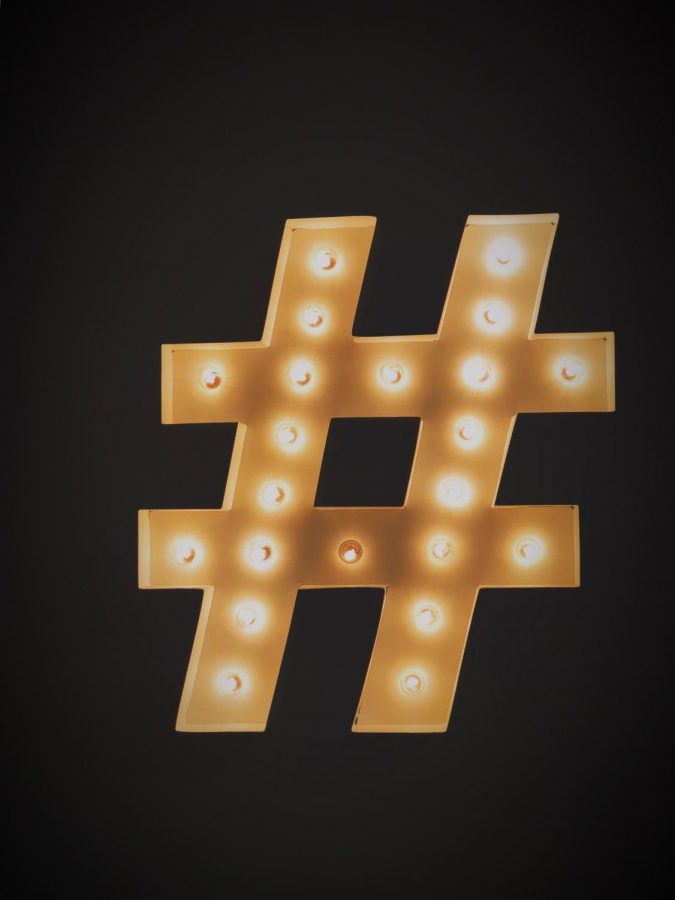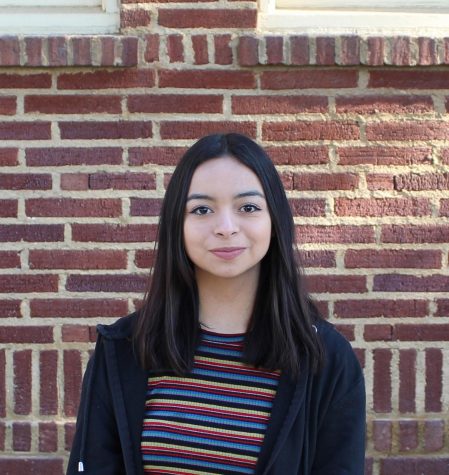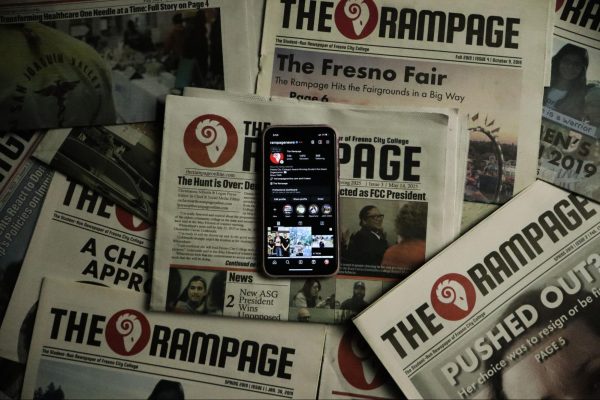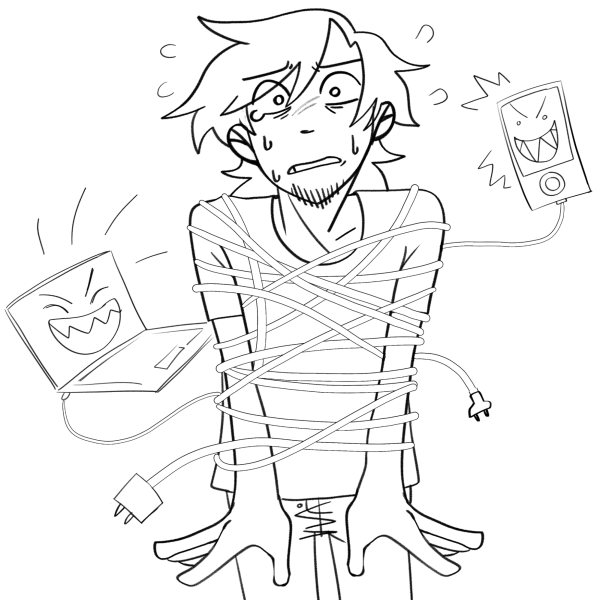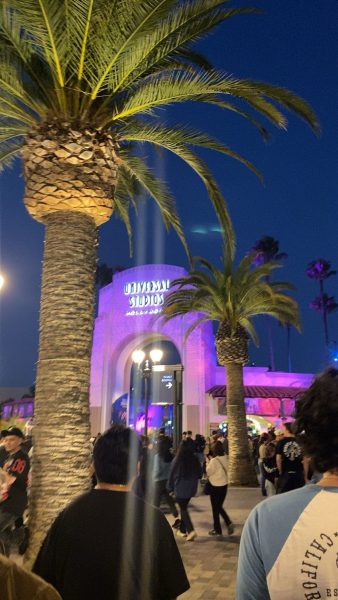Are You the Real You Online?
Photo by: Jon Tyson on Unsplash
Social media can only capture a small glimpse of our lives, that we make out to seem picture perfect and in a way, it’s like we’re living a double life.
The negative parts of our lives are often hidden from social media and are replaced with happy moments and selfies.
We often appear to be happier on social media than we truly are in real life.
“Social media sees fun, care free, ‘let’s have fun’ Jocelyn,” said Jocelyn Velasquez, freshman and Forensic Psychology major. “Not the anxious, overwhelmed, on edge Jocelyn.”
Sometimes people form a certain perspective on a person just from looking at their pictures. Without even getting to know them in person, they judge.
“Social media has definitely put me in interesting situations,” said freshman and Forensic Psychology major Joceyln Velasquez, “I had a stalker for a while who would show up to my house because he saw me on Instagram and thought I was good looking.”
Online, it’s easy to be whoever you want to be. You could have pretended to enjoy your aesthetic looking lunch you posted on Instagram, but nobody would ever know it tasted like cardboard.
The way we communicate online is also a lot different than having a face-to-face conversation.
“I would say I’m much more introverted and shy in person versus what I type or post,” said Paola Rivera, freshman and Film Arts major.
Just because a person posts about having fun and going out, doesn’t mean they have a better or easier life than you.
Influencers online post pictures of their glamorous life, but followers probably never see the struggles influencers face in their lives.
When we text, some of us express ourselves through emojis and most of the time. we’re not actually laughing when we use the term ‘LOL’.
We just find it easier to use emojis and social media as a way to communicate and express an emotion we’re feeling, rather than showing it in person throughout our day to day lives.
Nowadays, image filters can change more than the quality of our pictures and, with the powerful tool of photoshop, it can take you just seconds to have the features that you want.
“Personally, I feel that since we can see things that others can’t about ourselves, we try to cover that up,” English major and junior Bryce Bustamante said, “when in reality, we are covering up what makes us unique.”
The more we post about the perfect picture life we don’t have, the more our image starts to differ from the offline version of ourselves.
We often rely on happiness or validation online to define our self-worth and count on likes to feel socially accepted. It’s not the healthiest thing to do.
People tend to forget that as soon as you click out of your app, you’re back to reality. As humans, we should remain our true selves off and online.

